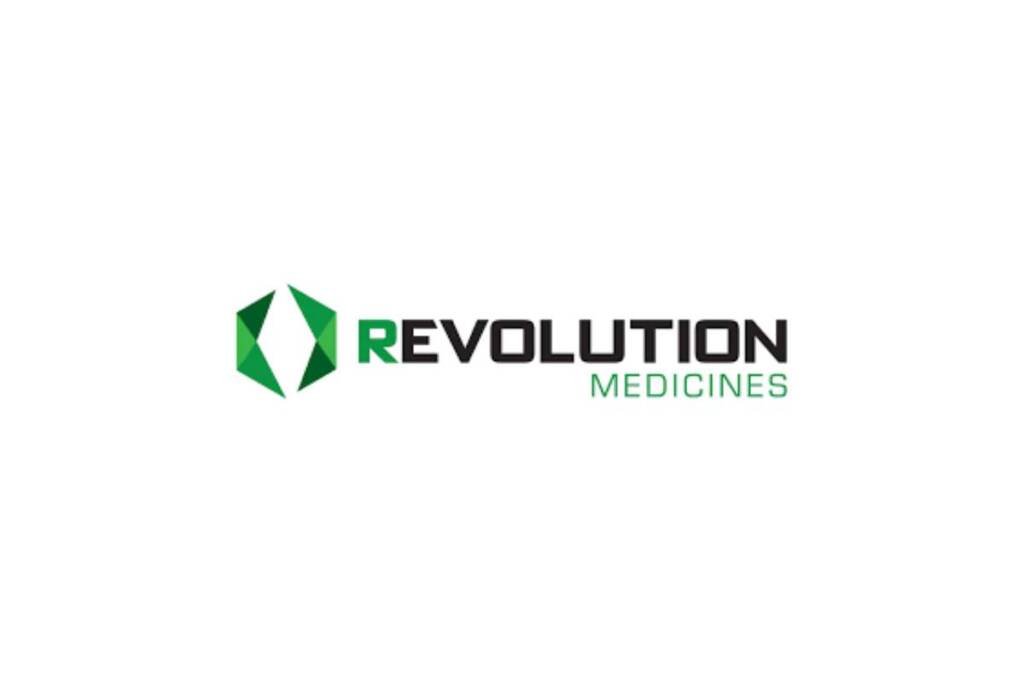Source – Revolution Medicines
EQRx, which made a bold claim to disrupt the pharmaceutical pricing system in 2020, has now reached an agreement to be acquired by Revolution Medicines, ending its journey on a subdued note.
Both Revolution and EQRx were founded by Alexis Borisy, a former partner at Third Rock Ventures and a seasoned biotech entrepreneur. Through this merger, Revolution will receive an infusion of approximately $1 billion, strengthening its financial position to advance its pipeline of cancer therapies in clinical development.
As part of the merger, EQRx’s ongoing research and development programs will be discontinued, and intellectual property rights will be returned to their original owners. The combined company’s primary focus will be on three clinical-stage RAS(ON) inhibitors: RMC-6236, RMC-6291, and RMC-9805.
“This deal marks a decisive step toward advancing Revolution Medicines’ vision as a self-sufficient organization that discovers and develops highly innovative drug candidates with the goal of delivering high-impact targeted medicines into oncology practice on behalf of patients with RAS-addicted cancers. This singular acquisition of a sizable quantum of capital signifies the growing confidence we have in our RAS-focused drug candidate pipeline, and substantially increases our capacity to continue advancing high-performing oncology assets, particularly our priority clinical-stage RAS(ON) Inhibitors, RMC-6236, RMC-6291 and RMC-9805, with the potential to create significant long-term value for our shareholders.”
– Mark A. Goldsmith, M.D., Ph.D., chief executive officer and chairman of Revolution Medicines
“Today’s announcement is a result of a rigorous process run by an independent committee of directors of the EQRx board that thoroughly explored and considered strategic alternatives to maximize value to EQRx stockholders. With its pioneering portfolio of RAS(ON) inhibitors, designed to defeat RAS-addicted cancers which represent 30% of all human cancers, Revolution Medicines has the opportunity to address one of the largest areas of unmet need in oncology. Deploying our significant capital not only enhances this important vision, it also provides a compelling opportunity for our stockholders to participate in the upside potential of both near-term and long-term value catalysts.”
– Melanie Nallicheri, president and chief executive officer of EQRx
Initially, EQRx had plans to introduce a new PD-L1 checkpoint inhibitor to the market, licensed from CStone Pharma in China, at a significantly lower price compared to existing therapies such as Keytruda from MSD, a leading drug in the market. However, the FDA’s reluctance to approve drugs solely based on overseas data caused setbacks for EQRx’s plans. The FDA’s decision to block the approval of Eli Lilly’s PD-1 inhibitor, sintilimab, which was licensed from Innovent Biologics in China, further complicated the situation.
In response, EQRx underwent significant restructuring, reducing its workforce by over 50%, terminating partnerships, and abandoning all its R&D programs, including the PD-L1 inhibitor sugemalimab. Only one asset, a CDK 4/6 inhibitor called lerociclib, had progressed into a Phase III trial for endometrial cancer, but that too has now been shelved.
With approximately $1 billion in cash still held by EQRx, the combined company will benefit from Revolution’s already robust $900 million cash balance, providing ample financial resources to advance the RAS(ON) candidates through development.
Revolution’s current plan is to simultaneously develop all three drugs, with RMC-6236, a multi-RAS inhibitor, expected to commence “one or more” pivotal trials as a monotherapy in 2024. Data from earlier studies in non-small cell lung cancer (NSCLC) and pancreatic cancer will be presented at the ESMO cancer congress in October.
Updates on the KRAS G12C inhibitor RMC-6291, a potential rival to Amgen’s Lumakras and Mirati’s Krazati, both approved in the US for KRAS-mutated NSCLC, will be provided in the upcoming months. Additionally, a trial for the KRAS G12D inhibitor RMC-9805 is set to commence shortly.
“This singular acquisition of a sizable quantum of capital signifies the growing confidence we have in our RAS-focused drug candidate pipeline and substantially increases our capacity to continue advancing high-performing oncology assets,” commented Revolution’s chief executive Mark Goldsmith.





























